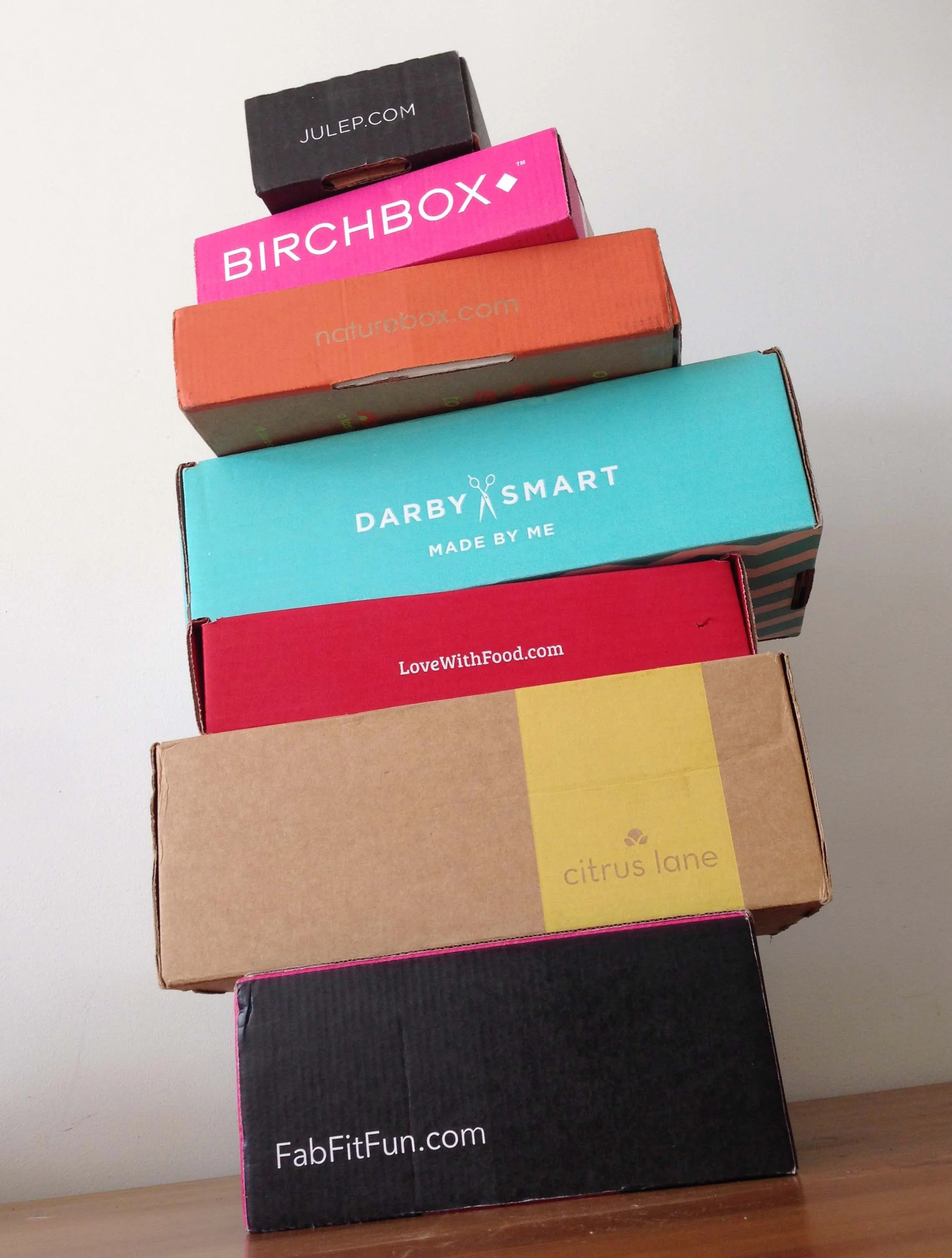The California Automatic Renewal Law (ARL) was passed in 2010 in order to prevent companies from locking consumers into renewal payment contracts without any ability to cancel. Unfortunately, the ARL has created a difficult business environment riddled with pitfalls for unsuspecting companies. Most importantly, the regulatory framework created by the ARL provides for an incredibly precise set of rules detailing what subscription services must do before--and after--signing up their customers.
The penalties for failing to comply are severe. If a company fails to follow the ARL's very specific and detailed rules, the law deems all "goods, wares, merchandise or products" sold as "unconditional gifts." This has allowed plaintiffs' attorneys to argue that a company which violates the ARL must return 100% of its proceeds to every single California customer since 2010.
While the law was largely ignored at first, over the last few years, plaintiffs' attorneys have begun aggressively pursuing class actions. Since 2015, plaintiffs have filed putative class action lawsuits against Birchbox, Dropbox, Google, Spotify and Tinder, just to name a few. And these class actions aren't limited to large companies. Smaller subscription-based companies, often in the early stages of development and who lack the resources to defend against massive class actions, have not escaped the plaintiff bar's notice.
Due to the ARL's broad language, few companies have opted to test its limits. Based on a study of publicly available information, I have seen a large trend of defendants, or even would-be defendants, settling based on a demand letter or complaint alone. However, the few companies that have engaged plaintiffs in litigation over the ARL have found some success, especially at the federal level.
* A substantially similar version of this article was previously posted on Lewis & Llewellyn LLP's newsletter.

